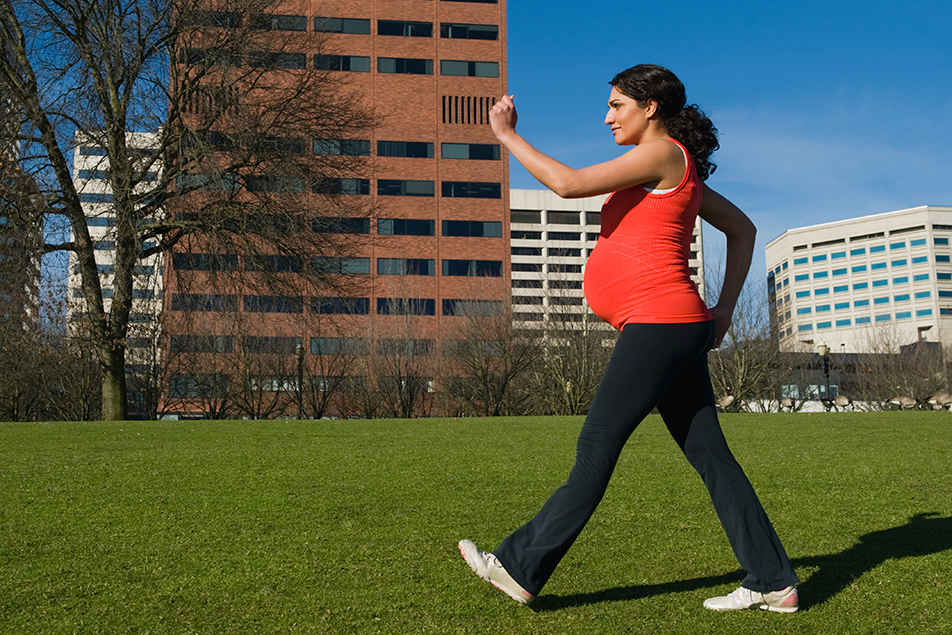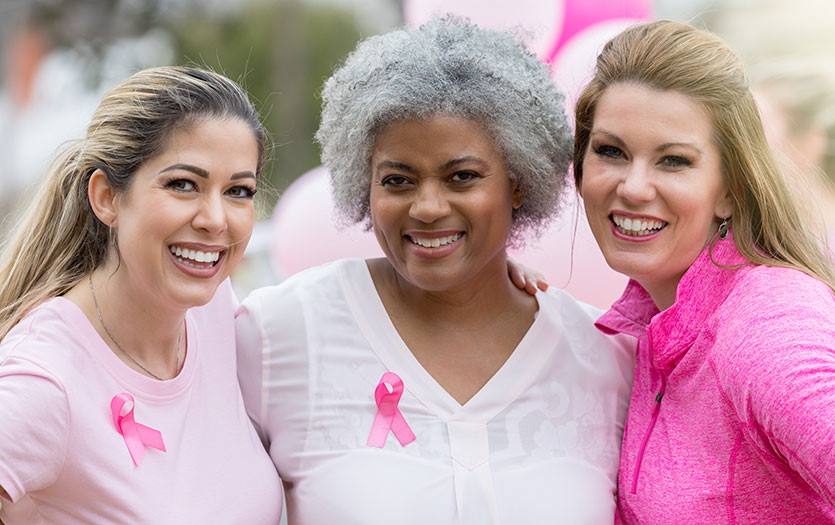
This post was written by Gail Clark, CNM, Parkview Health.
Patients always ask me what they can do to put themselves into labor. They recount stories told to them by friends, family and other moms who offered “tips” based, not on medical evidence, but on myths or old wives’ tales. These are some of the things I’ve heard in my 11 years as a nurse midwife and what we know to be true.
Myth: Walking around a lot can induce labor.
Fact: Not likely, as walking does not do anything to stimulate prostaglandin release. If you are having contractions, walking should make them stronger, but if they slow down or go away when you get off your feet you’re probably not in labor.
Walking can help the baby to settle down into your pelvis. It gets the mom up and moving and loosens your muscles.
Myth: Castor oil will put you into labor.
Fact: No and definitely not recommended. Castor oil can cause diarrhea with intestinal cramping, which in turn could cause the uterus to be “irritable” (cramping). These cramps make patients very uncomfortable but don’t help to dilate the cervix.
Castor oil can also cause the baby to release stool in utero. This is known as meconium. The meconium mixes with the amniotic fluid and can be ingested prior to birth. In rare cases it can cause a pneumonia in the neonate. Please don’t try castor oil!
Myth: Herbal teas and cohosh will induce labor.
Fact: Not true! There haven’t been any medical trials to prove the safety of these substances for mothers. Some herbs, including cohost, contain phytoestrogens that can affect clotting factors in women. Pregnant women have increased risk for clotting so cohosh should be avoided.
Evening primrose oil contains gamma linolenic acid (GLA) which is a forerunner to prostaglandins. It is thought it may help to “ripen the cervix.” We don’t have medical evidence that it works but it hasn’t been shown to be harmful. I would not recommend starting it until 39 weeks.
Myth: Having sex will start labor.
Fact: It definitely can be helpful! Semen has prostaglandins in it and helps to “ripen the cervix.” Having an orgasm releases oxytocin which causes uterine contractions. Having sex will not hurt the baby. It could be uncomfortable for the mother, so finding different positions may be helpful. If it is causes pain, then stop.
Myth: Eating spicy foods will put you into labor.
Fact: Not true. Some women tolerate and actually enjoy spicy foods in pregnancy, but this type of food can cause stomach upset, increased heartburn and diarrhea.
Myth: A full moon causes patients to go into labor.
Fact: Not true. Researchers have looked at data for years and can find no evidence to support this theory.
Myth: Losing the mucus plug means labor will soon follow.
Fact: Not true. Once the cervix starts to open up and soften, the mucus plug starts to loosen and can come out. Sometimes patients notice a “glob of goo,” while others never see anything.



